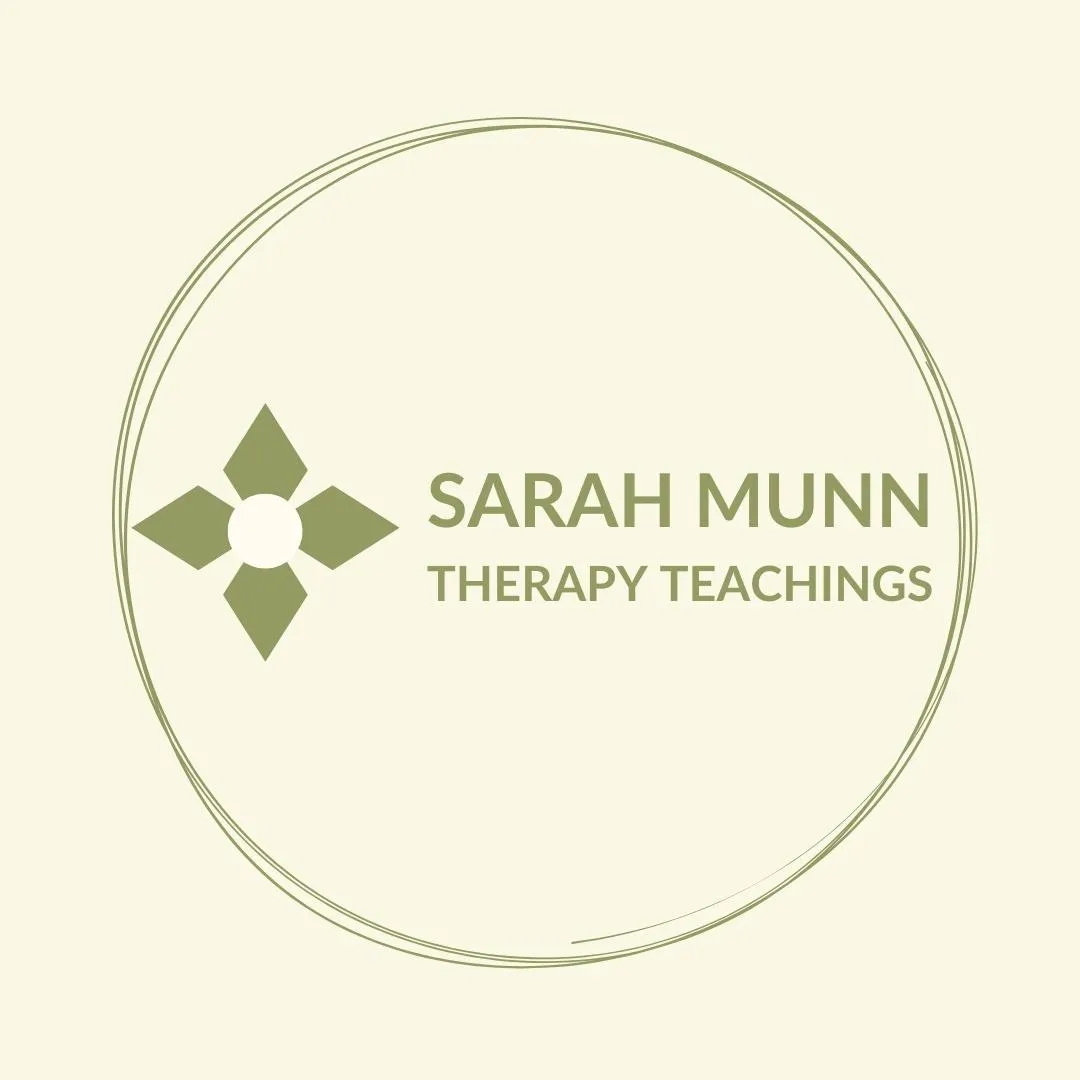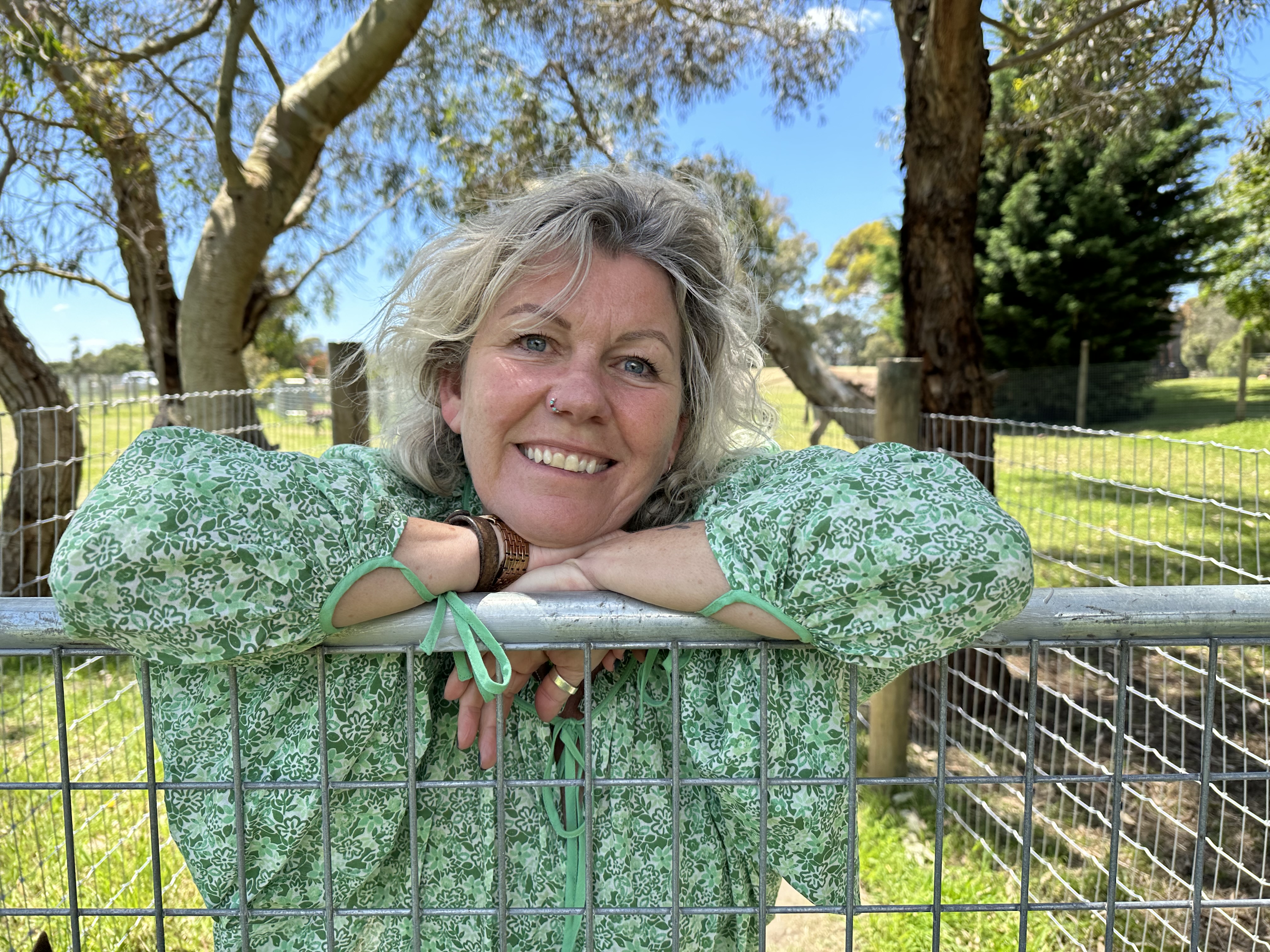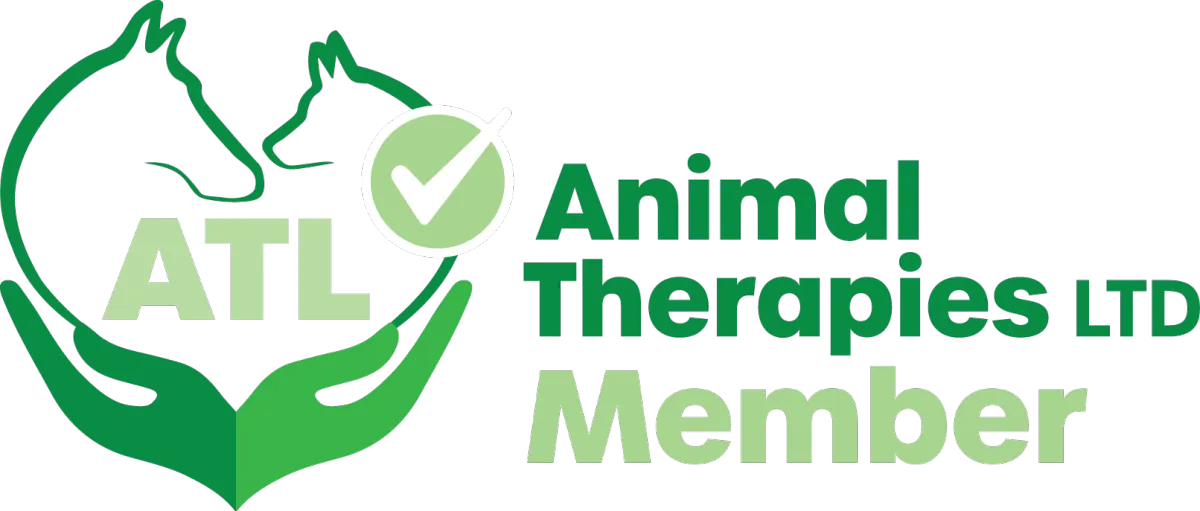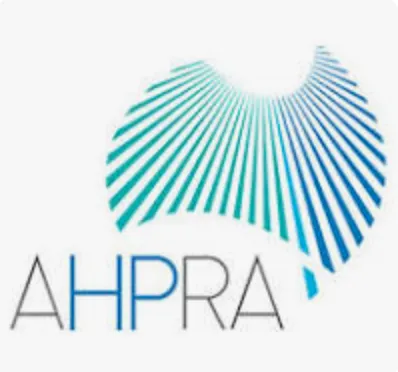Professional Resources
BLOGS
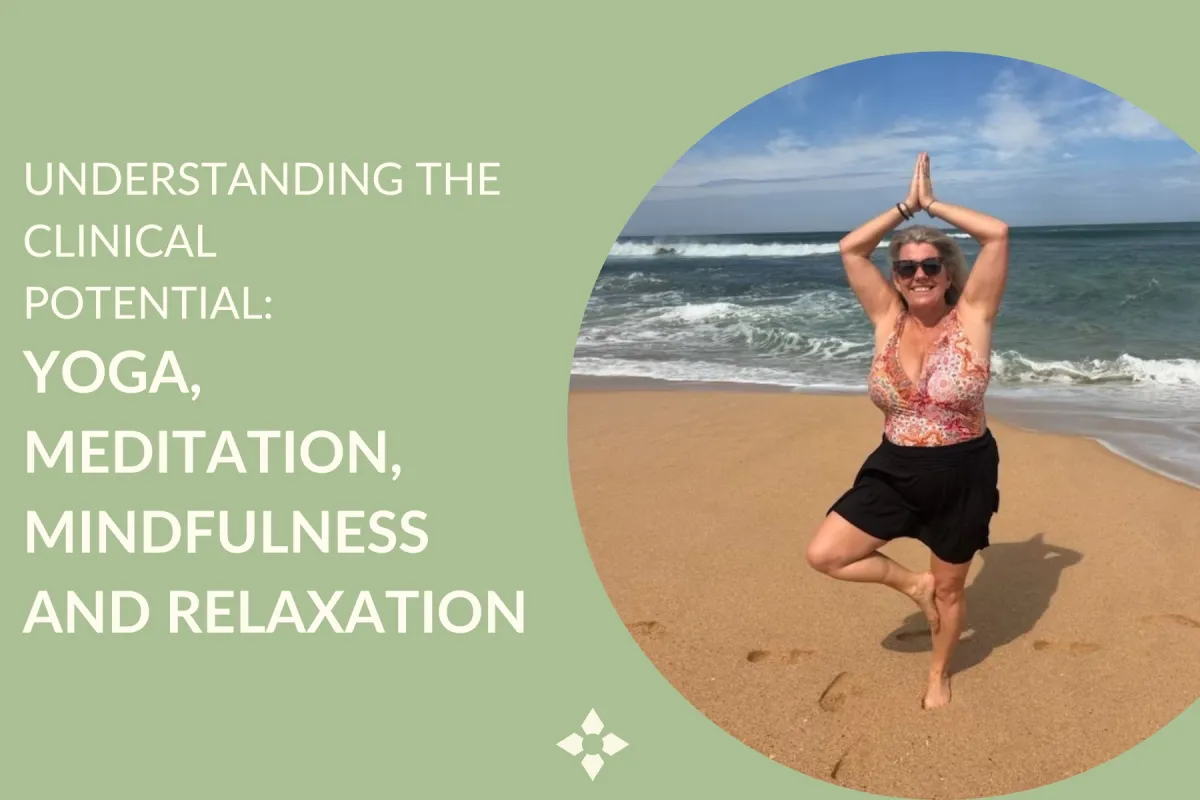
Understanding The Clinical Potential: Yoga, Meditation, Mindfulness and Relaxation
“This integration of eastern philosophy and science, with our western medicine with which we are aligned and trained, is a special interest to me, and one I am enjoying including in my work.” - Sarah Munn
Understanding the therapeutic potential: Yoga, Meditation, Mindfulness and Relaxation

This is a massive topic and one that is not, in my opinion, explored enough in therapy circles where neurodiversity and trauma affects a lot of our clients.
Understanding the Therapeutic Potential
So, what’s the difference and how do we use it. Well, yoga may well be seen as a set of positions that improve flexibility and strength, but it is actually a spiritual practice and way of life that unites mind, body and spirit. There is science here, and we are all becoming more aware that the gut is associated with behaviour and mood, and trauma is stored in the body and can need a somatic release. Vagus nerve work can be supported in yoga also.
Harnessing the Healing Power
Yoga has, as a primary premise, the belief that we should do no harm. And that includes to the self. This always reminds me that self-harm is not just physical, but it is the self derision, shame, guilt and self neglect we operate through our mind and ego every day.
Navigating the Ethical Terrain
Yoga is mostly about preparing the body for meditation although yoga teachers often don’t stress this when teaching. When I did my trauma sensitive yoga training I was taught that you can safely use ten percent of a discipline like yoga within a one hour session of OT (if you are trained and skilled to do so, of course). Any more than that and you run the risk of providing a yoga session but calling it OT. That’s another story and not what we should be doing. But most of us can safely remember our anatomy and include some basic stretch or hold postures and finding a comfortable sitting position ready for meditation or relaxation without doing harm. If you aren’t sure of your clients physical or emotional ability you will need to do more assessment first.
Integrating Yoga and Meditation in Occupational Therapy
Meditation is an ancient practice that runs in our DNA whatever our lineage and ancestry. It has been found in indigenous communities throughout the world and can be connected to dance and song, story telling and shamanic practices. Meditation has often been connected to nature, it can be thought of as prayer, or a single point of concentration, and it is an active state different from relaxation. There is now heaps of evidence around this in the treatment of pain and trauma which is wonderful. And a big shift since I did my OT degree in the early 1990’s. If you have been trained to use meditation it can be a helpful tool. But like anything that accesses the psyche, go with caution into the mind if you don’t have much experience with it, and certainly get supervision by a trained meditation practitioner who is also a registered therapist if you want to use it with children, ND and trauma caseloads. Meditation is also a part of animal assisted therapy at times, as is mindfulness, but again, if you haven’t done any training in it get some, or include someone else in your session while you learn.
Guiding Principles: Safely Incorporating Yoga, Mediation and Mindfulness in Therapy
Mindfulness is something people can do any time and any where. It is noticing the sounds and sensations when washing up, or folding laundry, sitting in the garden or playing with the kids. Whatever we do we are encouraged to be mindful, to pay attention. With this is included not multi-tasking, being fully present with other people, listening rather than being attached to your next thought or comment. Mindfulness is something anyone can do and is a helpful way to live in the moment and create better pathways between sensations, emotions, feelings and thoughts. This takes some of the basics of both yoga and meditation and can be a helpful tool for our clients to learn. It is included in dialectical behaviour treatment (DBT) among other approaches.
Personal Reflections: Embracing Eastern Philosophy in Western Medicine
Relaxation was definitely part of OT when I did my first stint in acute psychiatry in 1996 and was part of the OT toolkit. We used ready made visualisation scripts or made up our own. Relaxation is a big part of sensory regulation, self leadership, breath work, self regulation, emotional regulation……whatever you call it, there are tools to teach getting into a regulated state. As OT’s we have an abundance of ideas - many more than those original scripts which can now be easily found on YouTube and are often called meditation. Be very careful if you recommend any of these from the internet. Some of them are highly triggering and can make people feel unsafe or negative in the mind, body and spirit. Always try them out first with your client in mind. Relaxation is most definitely a self care area for us which can also include hobbies, social connections and community activities. It is appropriate to recommend yoga, meditation and mindfulness as part of an overall relaxation goal or in relation to sleep hygiene, but it may not be something you directly teach or include.
I have done training in these areas and use them in my daily life. I love helping therapists explore the use of these techniques safely. This integration of eastern philosophy and science, with our western medicine with which we are aligned and trained, is a special interest to me, and one I am enjoying including in my work.
BOOK REVIEWS
The Clinical Practice of Equine Assisted Therapy - Including Horses in Human Healthcare
by Leif Hallberg
This is a must have on the shelf if you are a therapist working with horses and takes you through the different types of equine assisted activities and the research that has been published to date.
Leif has been a supervisor and mentor to me so I know opinions on the sector, but if you can't work with her directly this is a good go to. She recommends many of the things I also believe in such as the use of the farm and other activities to take the pressure off the horses, so she also presents a niew of the equine and farm milieu in general.
One of the most academic books of its time.
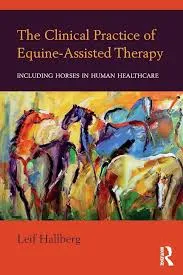
What Happened To You?
Conversations on Trauma, Resilience and Healing by Bruce D. Perry & Oprah Winfrey
I loved this book. Both professionally and personally, it gave me so much breadth across this clinical area and made sense of my own life experiences. There are so many take home messages for therapists working with trauma, it's impossible to list them all so I'll tell you what I liked most.
One thing I did love was that he mentioned occupational therapy several times as well as animal assisted therapy as being an important part of a team approach. Another think I took from the book, apart some self satisfaction that we are on the right lines at Barefoot Therapists and Gadara Farm, was his criticism of labels like 'trauma informed' and 'trauma sensitive' which he dais have no standards and no recognised training. Apparently there are whole towns who promote themselves as trauma informed. Wow.
Another thing I loved was the focus on a developmental approach. This is so important, as we know so many kids who have experienced trauma to work from where they are socially and emotionally.
I loved his focus on First Nation's people, and his story of visiting the Mauri people in New Zealand where his medical model was challenged when he asked about drugs, depression and anxiety. They said it's all the same. As we often try and break it down, we miss a key factor, which is connectedness, which is key to being healthy people.
Dr Bruce Perry was critical of social media as the main way to socialise - which I agree with. While we can use it as a helpful resource we do need to be careful to still connect face to face for connectivity. And what I am most interested in is helping people organise their lives and stresses so they can actually do this in their own lives - professionally or personally.
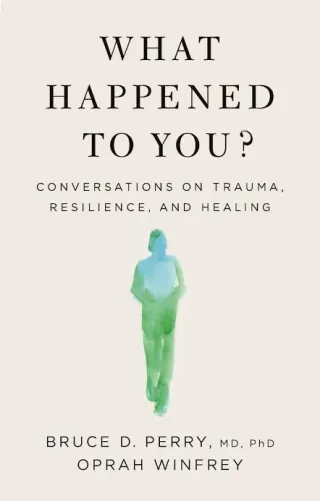
The Use of Self in Therapy by Michele Baldwin
I love the notion that many therapists cannot be healers because they are too busy defending themselves (Carl Rogers). I love the acknowledgement that for some of us the intuitive presence of us as a therapist almost transcends the goals at times.
Our disclosures must show /maturity and positive adjustment' (Charles H Kramer). This resonates with me. Setting up Sarah Munn Therapy Teachings there was an intention to share my journey and my healthy adjustment to my own disabilities and thos of my children's.
Over the years I have seen the benefits of self-disclosure in effective work with parents. However, we are taught about keeping strict professional boundaries. The world is changing and understanding how to be 'in relationship' with our clients is more important than ever. As is our own return to healing.This book clearly articulates the unseen and unmeasured side of what we do.
A great read for therapists working in emotional wellbeing.
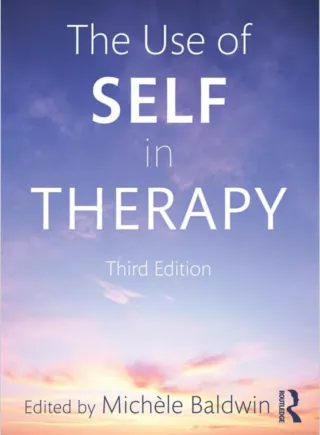
Trauma-Sensitive Mindfulness by David A. Treleaven
With the explosion of mindfulness David Treleaven is concerned about meditation being offered in all walks of life, sometimes by untrained and inexperienced providers, where signs of trauma are being missed and not referred on to professional therapists with experience in the field.
This book informs therapists and meditation teachers of their scope of practice when including meditation for the benefit of people who have experienced trauma. It is also a stark reminder of the difficulties and discomfort some people experience in the body and mind during mindfulness which often go unnoticed and can break down trust and safety. A promotion for systemic reform and social justice, this book is for therapists and meditation teachers who offer full sessions or just want to add in a little bit of meditation to other practices.
If you won’t know how to work with trauma if it surfaces, then you need to have a good network of referral pathways to professionals who can follow up with trauma recovery and healing. Treleaven says we need to be clear that we have a full history of any trauma.
We know at Barefoot that people with difficulties in relationships, social connectedness or disability often experience systemic traumas, as do other marginalised groups which he talks about extensively including First Nations people.
Treleaven also guides against cultural appropriation where meditation providers do not understand the lineage of their items and can cause offence. He recounts a story of a teacher using a singing bowl when one of the students looked at it and said that in her culture it is used at funerals. She was not impressed with the teachers lack of knowledge of his tools.
Another reiteration that trauma continues through generations in our DNA so some of our clients can be quick to elicit a stress response. Even to positive stress when doing something exciting like riding a bike or a horse can be triggering to some people.
The book reminds us that workers who experience lots of descriptions and information about traumatic events can also experience PTSD. They can raise personal things up for therapists and meditation or yoga teachers working in this space so it is a reminder to take care of yourselves. I loved this book and as I finish my meditation training it is good advice to ‘notice’ those we seek to help (which is hard with your eyes shut).
At Barefoot Therapists we find purposeful movement outside with an end goal, working in nature, in rhythm and with animals can all be helpful in the healing process and can be a good introduction to mindful practice before we ask them to be still and notice themselves.
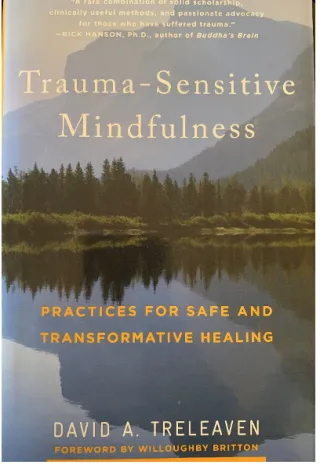
Acknowledgement to Country
We Respect and Acknowledge the Traditional Custodians of Country throughout Australia and their connections to the land, sea and community, and recognise the land on which we work is home to the Bunurong / Boon Wurrung members of the Kulin Nation. We pay our respects to all Elders past, present & future.
We meet the required standards for Insurance and Education.
Farm:
Gadara Farm
470 Boneo Road
Boneo, Vic 3939
Clinic:
Barefoot Therapists
1/16 Henry Wilson Drive
Rosebud Vic 3939
(03) 5981 1120
Sarah Munn Therapy Teachings
ABN 62307340650
Connect with us
We'd love to connect with you on Facebook or Instagram.
